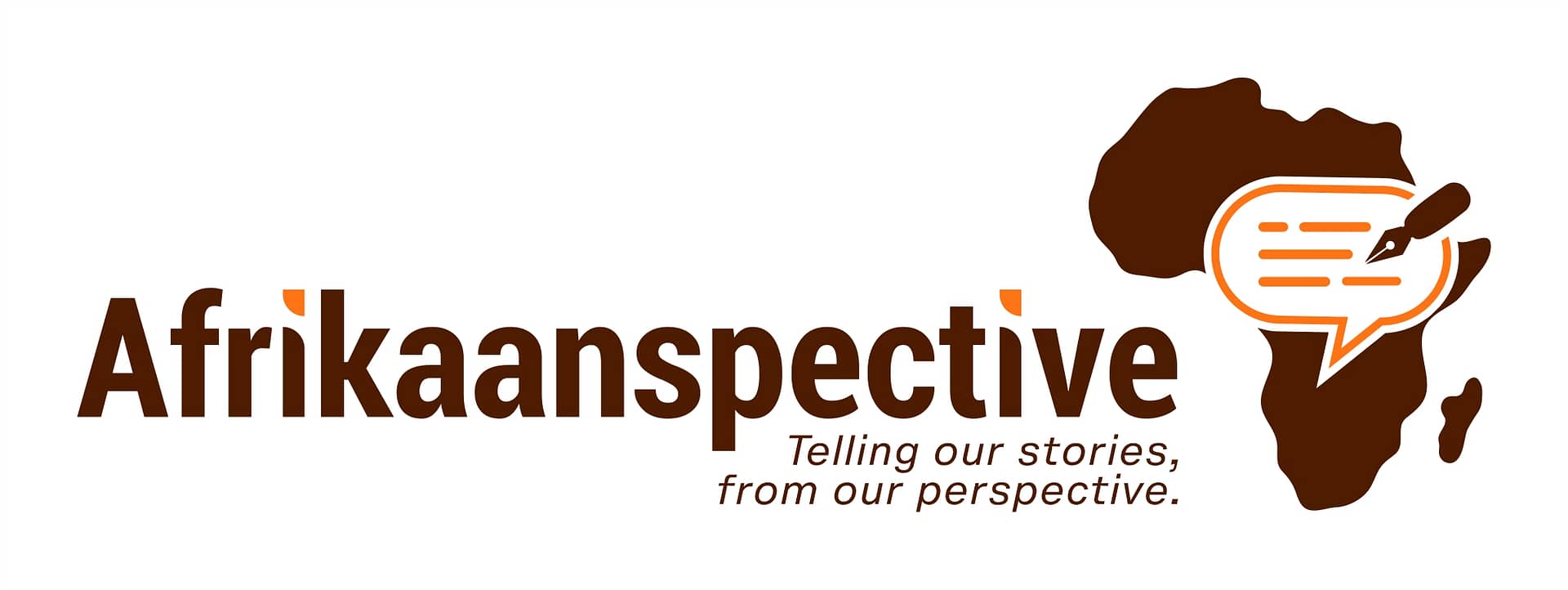YAOUNDÉ, CAMEROON — At the age of 92, Paul Biya has done what many thought impossible — secured another term as Cameroon’s president. The nation’s Constitutional Council announced his re-election late Sunday, giving him 53.66 percent of the total votes and extending his more than four-decade rule.
But while the announcement came with the usual ceremony, the mood across Cameroon told a more divided story. In Yaoundé, supporters of Paul Biya’s ruling Cameroon People’s Democratic Movement (CPDM) celebrated with music and flags. Yet, in parts of Douala and the Anglophone regions, protests erupted amid chants of “Enough is enough!” and accusations of electoral fraud.
“I was born when Paul Biya was president. Now I’m 38 and nothing seems to change,” said Martine Nfor, a trader in Bamenda. “We deserve leaders who can relate to our struggles, not rule from memory.”
Regional Divide and Political Tension
Cameroon remains sharply split between its French-speaking majority and English-speaking minority. In the northwest and southwest, where separatist tensions persist, many citizens chose not to vote at all, citing distrust in the system. Local observers reported low turnout in conflict-affected zones, adding to concerns about democratic credibility.
Opposition Pushback
Opposition figures, led by Maurice Kamto and Issa Tchiroma Bakary, rejected the official results, alleging widespread irregularities and ballot manipulation. They have called for an independent review of the process and urged regional bodies like the African Union and ECOWAS to intervene.
Despite the criticism, government officials insist that the election was “free and fair.” Minister of Communication René Sadi praised Cameroonians for “choosing stability over chaos.”
A Country at a Crossroads
Paul Biya’s victory extends a political career that began in 1982, making him the world’s oldest serving head of state. His leadership has been marked by both continuity and controversy — from constitutional changes that abolished term limits to persistent economic stagnation and youth unemployment.
For many young Cameroonians, the latest election feels less like a new chapter and more like a never-ending sentence.
“We’re not asking for miracles,” said Aisha Mbang, a university student in Douala. “We just want to believe that change is possible in our lifetime.”
What Comes Next
As Paul Biya begins his eighth term, his government faces mounting pressure to address security challenges, economic inequality, and calls for democratic reform. Analysts say the first months of this new term will determine whether the veteran leader cements his legacy or deepens the divisions that have defined his reign.
For now, Cameroon stands at a familiar crossroads — a nation torn between the comfort of old power and the restless energy of a younger generation demanding renewal.


